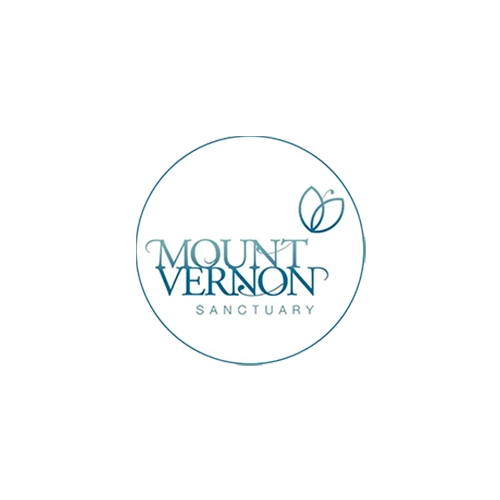
A business owner accustomed to being frequently approached for media interviews recently told me that few media outlets have been interested in speaking with him since Covid-19 hit Singapore.
These days, if your story isn't related to the pandemic or its economic, political or social repercussions, you're not likely to make the news in any media format whether digital, print or broadcast.
Given that Covid-19's impact is far-reaching, you should be able to make a connection with some careful thought.
Some businesses have obviously pivoted during this time by making pandemic-related products such as surgical masks or hand sanitisers. Others say a surefire way to get media attention during a crisis is to engage in charitable initiatives that help especially hard-hit communities. If you choose to do this out of a genuine sense of mission, sure. But don't do it just for the sake of having your brand mentioned in the media. Consumers can smell an insincere effort from a mile away.
There are other ways to get your messages out while directly serving your business goals.
The first step is to identify how your product, service or initiative is relevant to your community in the current context.
Start by asking yourself this question: How will my product or service help people solve the unique problems they're facing right now and are likely to face in the near future?
Throw hard-sell messages out the window. Instead, take an informative, educational or problem-solving approach.
For instance, a maker of massage chairs could pitch its story by focussing on how its new product range allows people to take a break from the toil of working from home at a time when the lines between work and leisure have been drastically blurred.
Take it a step further by offering tips on how to position your laptop comfortably if you choose to work in the chair, or suggestions for creating other relaxing spaces within your home during this time with the use of décor elements that can be purchased from other businesses. This will show you're genuinely interested in helping people rather than just trying to boost your own product sales. This would also allow you to forge partnerships with other businesses that could talk to their customers about your products just as you talk to yours about their products.
Brand the content tastefully to ensure that the audience knows you are the one purveying it, but don’t 'over-brand' it by inserting your brand name in every paragraph of your blog, social media posts or media releases. Don't pepper your online video or broadcast interview sound bites with it either. Such actions are typically seen as self-serving and off-putting.
With the spectre of uncertainty marring almost every aspect of our lives, analysis and opinion pieces that help people make sense of the world are rapidly gaining traction.
Perhaps as a businessperson, you have practical advice on what it will take to come out of this crisis. At a time when agility and innovation are being encouraged, do you have tips on how to make these a part of organisational culture even beyond this crisis? Perhaps you have advice on motivating remote workers.
In short, think about the challenges people, including you and your team, are facing during this period as we all grapple with new paradigms. Your job is to offer useful solutions. This will not only serve to keep you and your brand rooted in the consciousness of your existing customers, but also raise awareness of your brand among potential customers.
Bear in mind that others might be pitching similar stories, so keep an eye on what media outlets are already covering. Ensure your angle is unique and most of all, that it has the potential to resonate with target audiences.
This is a great opportunity to make your mark as a thought leader and connect with your customers more deeply.
Ensure that your media pitches are predicated on a genuine desire to add value to your customers and your community. When each element is underpinned by authenticity, shaping your angle and pitch will become a lot easier.
As you think about the challenges communities are facing, consider how good it would feel to use your expertise to help solve these and make people's lives easier. This should imbue you with a true desire to help and enable you to express your thoughts authentically. The ideas will flow and during interviews, the words will roll off your tongue more naturally.
As you orientate yourself to shaping stories and angles that would serve your audience during this time, you might even be inspired to embark on new initiatives to serve them even better in the future.





